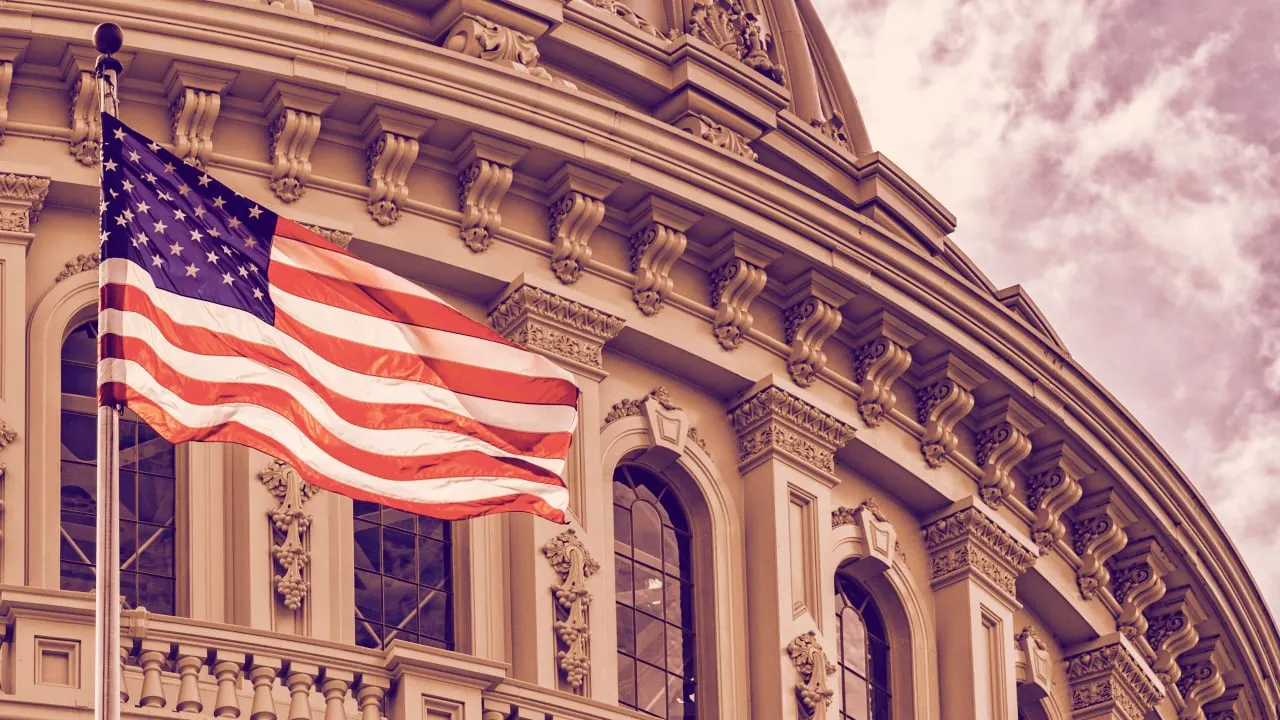In brief
- Experts testified before the House Financial Services Committee about how domestic terrorist groups get their funding.
- Lawmakers asked about crypto’s role in financing terrorism.
The House Financial Services Committee had a hearing this morning entitled “Dollars against Democracy”—a comprehensive look at how domestic terrorist organizations get their funding—and cryptocurrency was front of mind.
Last month, crypto research company Chainalysis determined that some of the white nationalists and far-right extremists involved in the Capitol riot received large amounts of cryptocurrency in the weeks leading up to the attack. Today’s hearing was, in part, an attempt to learn more about what Rep. Stephen Lynch (MA-8) called a “double-edged sword”—the idea that cryptocurrencies can be both genuinely useful financial instruments and dangerous tools for terrorists and money launderers.
Here are the highlights.
Extremists like crypto
Daniel Rogers, co-founder of a nonprofit called the Global Disinformation Index, told Rep. Jim Himes (CT-4) that cryptocurrencies “are definitely part of the fundraising strategies” of domestic terrorist groups.
He pointed to research showing a “strong correlation” between “explicit extremism” and the use of cryptocurrencies, and suggested that organizations that aren’t as immediately open about their extremist values are more inclined toward traditional fundraising strategies. The more radical a group, he said, the more likely it is to get booted from the traditional financial system, and the more likely it is to use crypto.
Analysts say regulation is an answer
Danny Glaser, an analyst at the intelligence firm K2 Integrity, reminded Rep. Himes that if you want to use crypto “in the real economy,” at scale, you’re going to need to convert to fiat at some point—and it’s at that point that regulations come into play.
“Cryptocurrency exchanges are regarded as money service businesses: they have full customer due diligence requirements, they have full money laundering program requirements, they have reporting requirements,” he said.
He also said that while the exchanges may be regulated, "unhosted" wallets lack the same oversight; he referenced the Financial Crimes Enforcement Network’s proposal to more heavily regulate those wallets as one way to shore up that “vulnerability.” Later, he referred to these wallets as a “loophole in the system.”
That Treasury proposal has proved controversial, since, for many crypto devotees, privacy is the whole point.
Tracing crypto remains thorny
Glaser also weighed in on how cryptocurrency transactions are traced, and on coins designed to mask blockchain transactions.
“There are some cryptocurrencies out there which try to design themselves along the fault lines of the AML/CFT [anti-money laundering / combating the financing of terrorism] restrictions,” Glaser told Rep. Lynch. “We need to look at those, we need to make sure that those types of cryptocurrencies are banned, but we also need to provide opportunities for the sector to grow in a supervised, regulated way, as I think it is for the most part right now.”
Lynch had alluded to Monero—a so-called privacy coin that intentionally obscures transactions and addresses—which has become a favorite of dark web markets and extremist websites like the Daily Stormer. It’s part of a broader debate in crypto about privacy-oriented tools (like paper trail-scrambling coin “mixers”) which can enable illegal activity.
Earlier in the hearing, Lecia Brooks, executive director of the SPLC, told Rep. Josh Gottheimer (NJ-5) that cryptocurrencies make it harder to “follow the money.”
“In certain ironic ways,” Glaser added, “cryptocurrencies provide enhanced opportunities for law enforcement agencies to be able to trace transactions that aren't there in bulk transactions in the private sector.”

